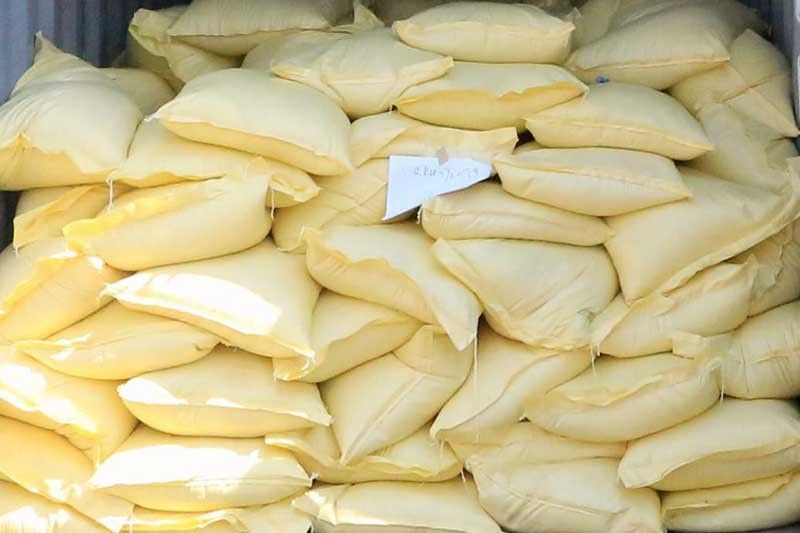Rice tariff to raise P28 billion additional revenues

MANILA, Philippines — A proposal to impose a 35-percent tariff on imported rice may generate up to P28 billion in additional revenue for the government, based on a report from the National Economic and Development Authority (NEDA).
Economic managers are pushing for the removal of the quantitative restriction on rice importations in favor of imposing tariffs to encourage traders to import the commodity and allow the influx of cheaper rice into the domestic market.
According to NEDA, the measure is projected to reduce the price of rice by P4 to P7 per kilogram, benefitting poor families, who spend around 20 percent of their budget on rice.
Earlier, the Bangko Sentral ng Pilipinas said the passage of the rice tariffication bill currently pending in both houses of Congress could become a “game changer” that would help lower prices of rice, and thus overall inflation.
BSP Deputy Governor Diwa Guinigundo said rice tariffication may lower inflation by one percentage point.
He said the downward effect of rice tariffication on inflation could mitigate the upward pressure on inflation created by the Tax Reform for Acceleration and Inclusion (TRAIN) Law.
Meanwhile, Finance Undersecretary and chief economist Gil Beltran earlier said the impending expiration of the quantitative restrictions could pave way for the proposed reorganization of the National Food Authority (NFA).
“Given that import quotas will be eliminated, the private sector is encouraged to increase importations, thereby reducing import requirements of the NFA and its financial burden to the government,” he said.
“The NFA can now reorganize and limit its function on proprietary activities, in particular buffer stocking for food security and calamities, and local procurement,” he said.
The World Trade Organization first allowed the Philippines to impose a 10-year quantitative on rice imports in 1995.
- Latest
- Trending

























